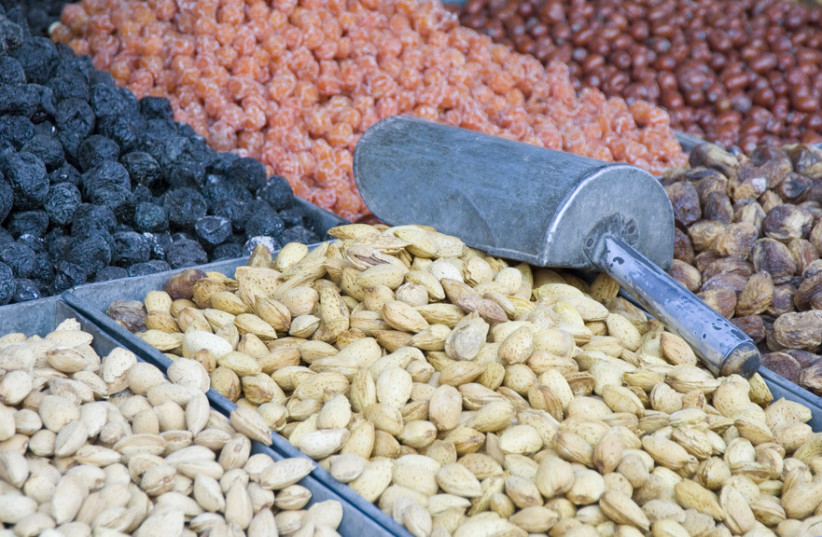Everybody is talking about 'superfoods', but what are they really? Is the term just a superlative in order to make our food more expensive? Dr. Maya Rosman answered all of our questions and revealed the truth behind the superfood's image.
Do superfoods really exist?
Who invented this definition? 'Superpowers' only exist in movies, and superfoods - are mainly for ads. Foods that are called 'superfoods' cost more than regular food, but have the same nutritional properties and promise us signs and wonders without studies to prove it.
Maca root, Goji berries, spirulina, chlorella, wheat grass, and more...available studies don't prove any kind of better effectiveness compared to regular food. So are there even foods that are better than others?
So what is a superfood?
There is no unambiguous or exact definition. What is claimed is that 'adding superfood to your diet will improve your life, give you better sleep and more energy'.
Is one food especially 'super'?
It is generally important to follow a good diet including the least amount of processed products and as many vegetables, fruits, nuts, legumes, leaves, and other treasures of nature as possible.

Examples of foods with a high concentration of nutritional value:
Eggs contain everything that is needed for a complete animal to grow out of it. They have high-quality proteins, the highest quality of all foods, plus vitamin B12, zinc, iron, lecithin and many other important things. All of these are found mainly in the yolk and not in the egg white.
Raw tahini made from whole sesame contains a huge amount of vitamin B, lots of calcium, magnesium, iron, and other important minerals. Peanut and almond butter are similar in this way.
And regarding fruits and vegetables - the key here is diversity! They are all superfoods.
